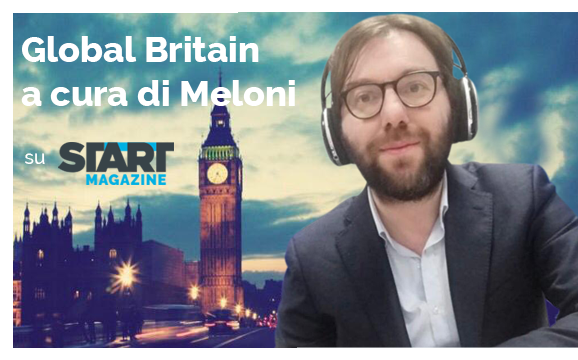How the UK royal family experienced the pandemic

The article by Daniele Meloni
The British press and TV have given wide coverage to the anti-Covid vaccination supported by Prince of Wales Charles and his wife, the Duchess of Cornwall, Camilla. The heir to the throne, however, had tested positive last March, and even months after recovering from the virus he had stressed that the taste and smell were not yet at pre-illness levels. The media offensive of Clarence House – the royal residence where Carlo a Camilla resides – is part of a context that has seen the whole royal family engaged with symbolic and concrete actions in the fight against the pandemic and in supporting the communities most affected by it.
2020 was also a difficult year for the Windsors. Queen Elizabeth II had to retire to her Windsor Castle to protect herself against the spread of Covid and had to address the nation for a message of relief, wishing everyone to "see you soon". An unusual fact for the United Kingdom, but a sovereign in a constitutional monarchy cannot fail in the first of his duties: to get in tune with his subjects. And in fact, the 95-year-old monarch's approval is always very high, even now that she has had to give up most of her public commitments, partly due to her advanced age and partly to protect herself from a possible transmission of the coronavirus.
Many of Elizabeth II's public commitments have passed to her son Charles. One example is the ceremony, in 2020, with obviously very small ranks, of laying a crown for all British and Commonwealth citizens who fell during the wars at the Cenotaph along Whitehall. Charles and Camilla have also intensified their media offensive: the moment of the coronation of the new King does not seem far away and the image and the perception of what the reign of Charles will be like – who seems to take the name of Charles III – requires the construction more of a monarch's profile and less of a Prince of Wales profile. Carlo, who is still very committed to environmental protection and to the preservation of historical crafts – in particular those related to crafts – has been active for years with the Prince Charles Foundation and with the Prince Charles Trust – two charities that help him to carry on his ideas and his works, giving work even to the most disadvantaged and young people. Naturally, a neutral role like the one that the British Constitution – unwritten, remember it – assigns to the Head of State, will limit the scope of his action and his utterances, which in the past have also caused him some controversy. Controversies that do not seem to worry Premier Johnson – formally the monarch's first advisor – who, with his Industrial Green Revolution, seeks, among other things, to strengthen the relationship with the heir to the throne. On the other hand, contaminations between monarchical and political power are not rare, even between the officials of Buckingham Palace and those of Whitehall. Last in order of time to make the leap was Simon Case, the new head of the British PA, in the recent past private secretary of Prince William.
In addition to the future changing of the guard at Buckingham Palace – which someone, destined to be disappointed, wanted to bring down with Elizabeth's 95th birthday – there is a reality shaped by the economic crisis also for the royal family, with countless roles left vacant on the Queen's staff. From the official photographers of the Windsors to another 250 people, who, according to the British press, would risk their jobs due to the cuts imposed by the thrifty sovereign.
This is a machine translation from Italian language of a post published on Start Magazine at the URL https://www.startmag.it/mondo/come-la-famiglia-reale-del-regno-unito-ha-vissuto-la-pandemia/ on Wed, 10 Feb 2021 14:54:12 +0000.
